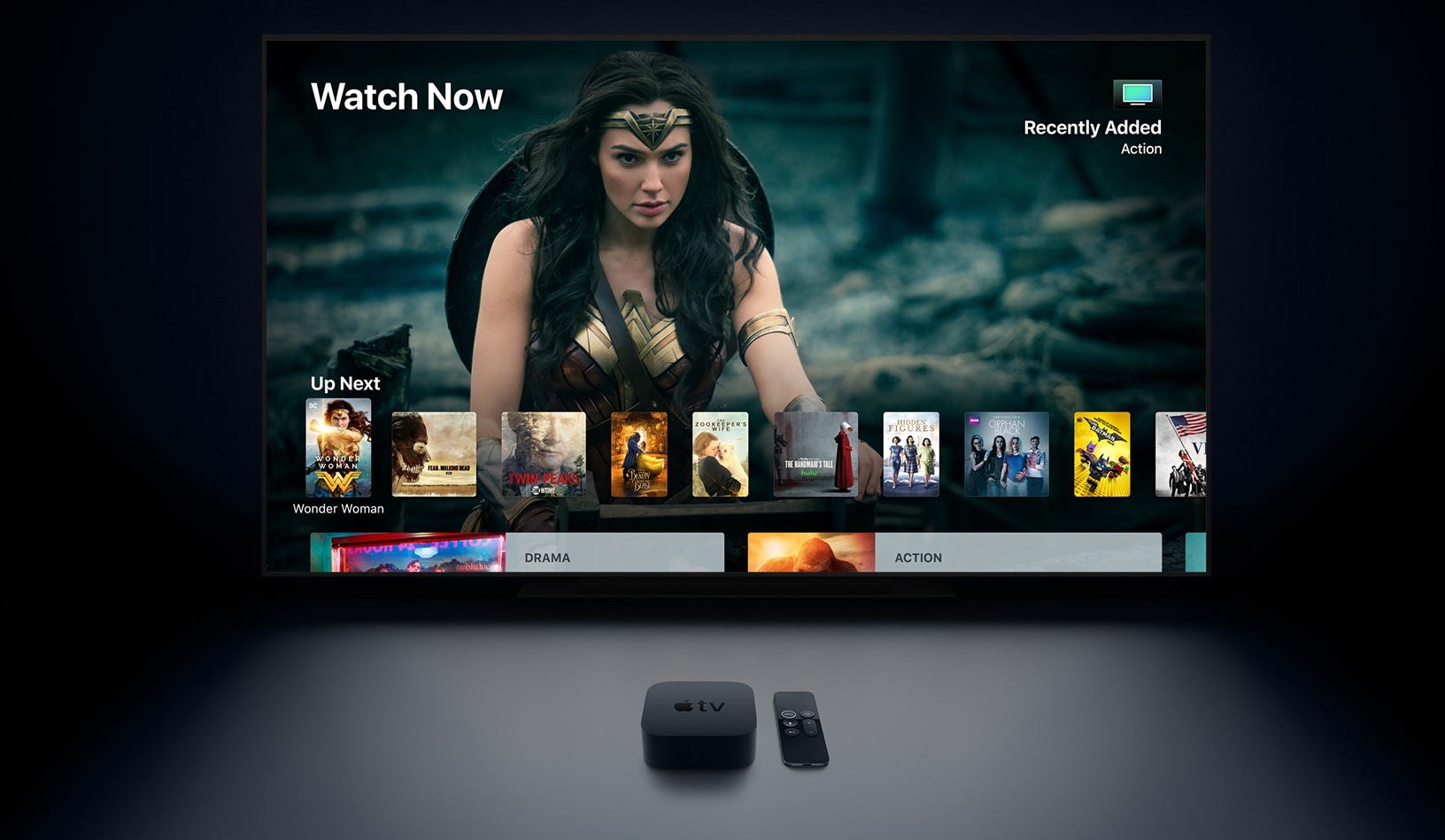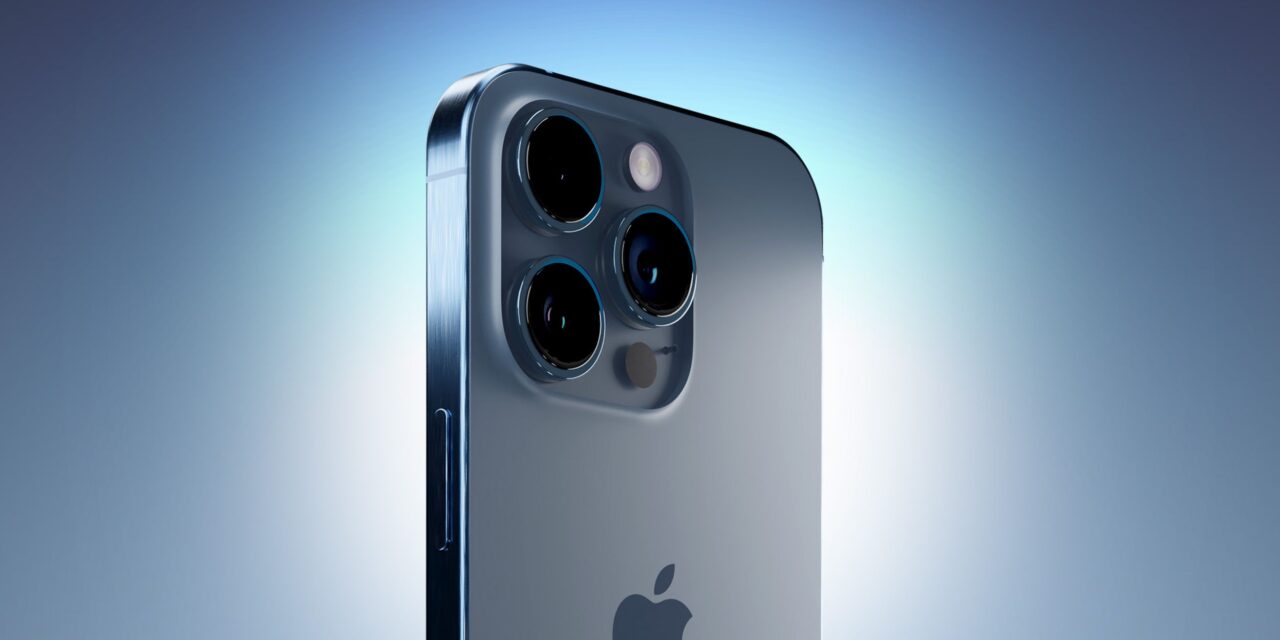
Following the official unveiling on March 25, Apple’s long awaited streaming TV service will launch with licensed television shows and movies while Apple’s own original content will be coming to the platform no earlier than the fall, or possibly even later.
Lucas Shaw , Mark Gurman and Julie Verhage, writing for Bloomberg yesterday:
At launch, most of the shows and movies in Apple’s video service will be from outside suppliers, underscoring the importance of signing up partners.
Most of Apple’s own movies and TV shows are still in development, as per sources, with the company planning the first slew of releases later in the year at the earliest.
Apple, of course, already offers a couple of relatively unsuccessful television shows, including “Carpool Karaoke” and “Planet of the Apps”. According to the Bloomberg report, the Cupertino giant is said to be racing to secure last-minute deals ahead of its star-studded event on March 25 that will serve as as a launchpad for the new service.
The report goes on:
But before the curtain goes up, Apple needs to complete deals. The company is racing to secure movies and TV shows to offer alongside its own original videos and is offering concessions to get deals done by a Friday deadline, according to sources.
Pay-TV programmers such as HBO, Showtime and Starz have to decide whether Apple is an existential threat, a potential partner or something in between.
Ultimately, sources expect HBO, Showtime and Starz to join Apple’s service while Netflix and Hulu will be absent from launch because they “don’t want to hand over control of their users’ experience or viewing data”. Keep in mind that Netflix recently bypassed iTunes billing for its app in a move that has robbed Apple off a lucrative share of revenue.
With that in mind, I think Apple is being smart about launching the TV streaming service without antagonizing the entertainment industry. In that context, Hollywood studios will surely love that Apple is launching the service with little of its original content.
The company is talking with HBO’s owner AT&T, CBS’s Showtime network, the premium Starz cable channel owned by Lions Gate Entertainment and others. At least a couple deals are expected by Friday, said one of the people, who asked not to be identified because the talks are still going on.
Needless to say, the film industry’s players are aware that Apple has been spending a billion dollars per year for at least two years to fund its own original programming. The last thing Apple needs is for some important studio to refuse to license its content over fear that Apple could give its shows preferential treatment on its own platform.
Here’s how the service will work:
The upcoming video service, which will likely be integrated into the TV app for iPhone, iPad and Apple TV, will include two new features: shows funded, bought or developed by Apple, plus programming from outside media companies.
As opposed to today, watching the shows won’t require an app:
The current TV app already lets customers access services like HBO. But shoppers who buy those individually are kicked to the networks’ respective apps to view shows and movies. Keeping them inside Apple, a strategy that’s already worked in music, could help deliver 100 million subscribers within the next five years, Wedbush Securities predicted.
For better context, Apple itself recently predicted that total App Store subscriptions will top 500 million by 2020, up from 360 million now. Summing up, I don’t think anyone in Hollywood or Silicon Valley will see Apple’s service as an existential threat, at least not initially.
Now, Apple is a tough negotiator but bullying tactics that worked with record labels back in the iPod days is useless in Hollywood. The music industry was pretty much in a desperate state when Jobs & Co. pitched record executives the idea for an online-only music store.
They knew nothing about technology and didn’t understand digital piracy so these old guards needed someone like Steve Jobs to sell them on iTunes Store.
Contrast record labels with Hollywood majors which have been making flicks for more than a hundred years now. Their product continues to sell like hotcakes, and the avenues for distribution have long been established.
Hollywood can exist without Apple and Apple knows this.
Thoughts?






Recent Comments